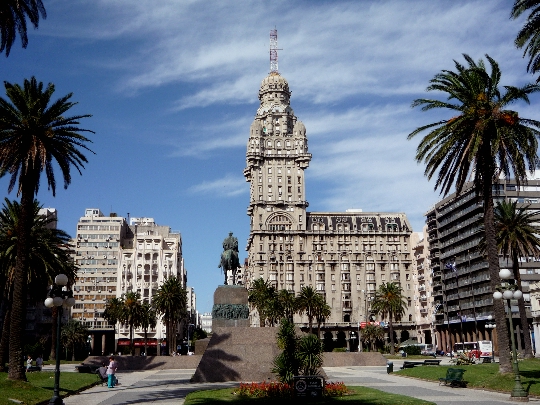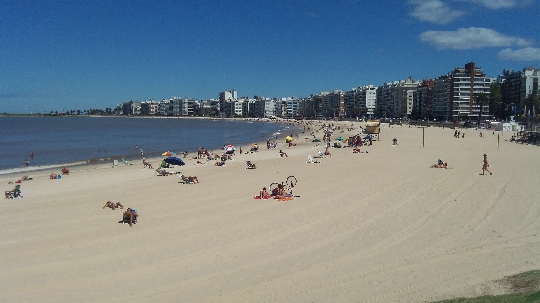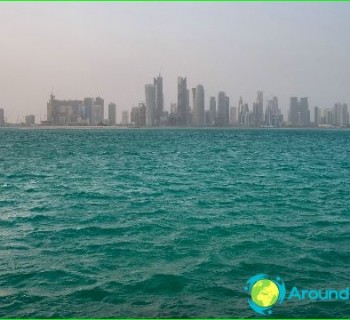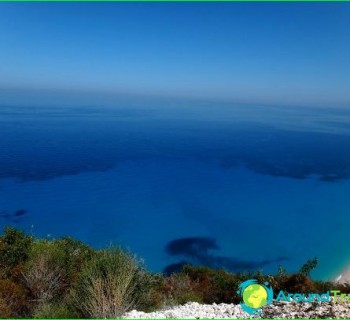Montevideo - the capital of Uruguay
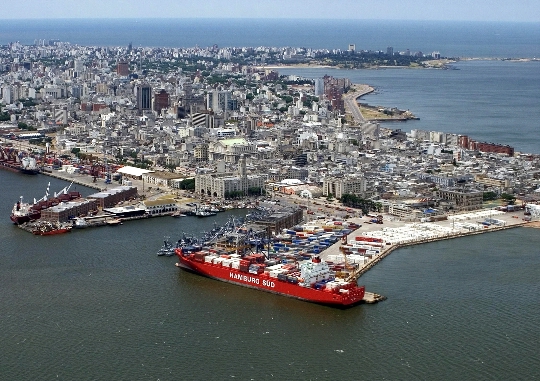
Montevideo is both the capital of Uruguay and, at the same time, the administrative center of one of the departments of the country bearing the same name. The city is located on the shores of the Atlantic Ocean, in the La Plata Bay (the full name of the bay is much longer). That is why, in addition to all of the above duties, it is also a major seaport..
Interweaving of destinies and cultures
Today, more than a million people live in Montevideo, and all two will come out with the surroundings. Statistics inexorably testifies that more than half of the country's population are metropolitan residents.
The ethnic composition is heterogeneous, there are very few representatives of the indigenous population, mainly the descendants of immigrants from Europe. The largest number of inhabitants has Spanish and Italian roots, descendants of immigrants from France are often found.
Of the states located in Latin America, Uruguay is considered the whitest. It is here that the largest Armenian diaspora and Jewish community live.
Looking back
The Portuguese were the first to conquer the coastal area of the bay. They really liked the convenient bay, on the shore of which a fortress was built, which gradually turned into a city. This place became a favorite destination for smugglers of all stripes who brought their illegal goods here. In contrast, the Spaniards erected the Montevideo fortress on the opposite bank and were able to control all ships entering the bay. Very soon a large trading city grew out of the fortress, which could become a competitor to Buenos Aires. Since 1828 Montevideo is the official capital of independent Uruguay.
Architectural landmarks and monuments
It may be difficult to find ancient monuments in the capital of Uruguay today, but the city has preserved many buildings that date back to the 18th - 19th centuries, the most famous of them are:
- the ornate cathedral in the city's main square;
- theater building «Solis» in the style of classicism;
- town hall preparing to celebrate its centenary.
There are many different obelisks in Montevideo that perpetuate the memory of important people and significant events. For example, there are monuments to various Uruguayan military leaders, first of all, generals, settler colonists.
A variety of museums located in the capital store unique artifacts telling about the past centuries, masterpieces of world and national art, works of great painters of the past and contemporary artists.
